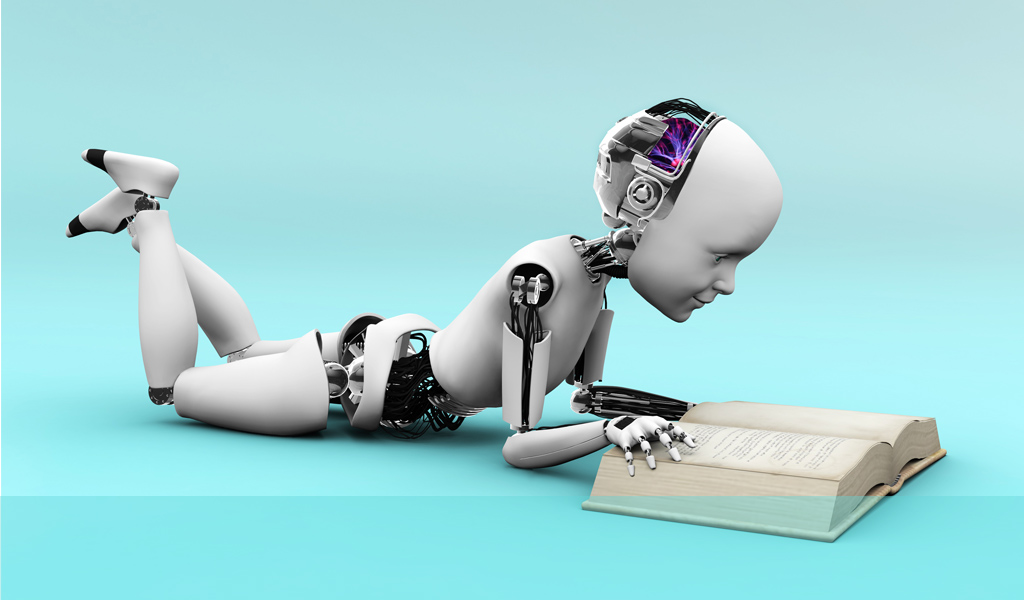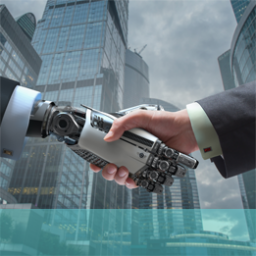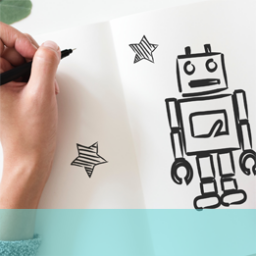
Artificial intelligence has been used in online design for some time but it has now gained a strong foothold in the delivery of these services. One prominent expert believes that by next year (2020) 85% of interactions will be driven by artificial intelligence (AI) technology.
This is quite a staggering claim but even if it is inaccurate it shows that this technology is going to be vital to future development. Users expect immediate, accurate and useful response from websites or helplines. They don’t want to hang around interminably waiting for a human response, however appealing and normal that might seem.
And they don’t want to be passed from one department to another when they are seeking information or help. If you think human users are resistant to the idea of AI think how many people use Google maps (or satnavs). Or take their entertainment recommendations from Netflix or Spotify. Or rely on Alexa for all sorts of access and information.
The AI revolution has already happened. It is just a case of when you are going to join the bandwagon.
When considering the use of AI in enhancing user experience they are some issues that need careful consideration.
- The two disciplines of UX design and machine learning don’t dovetail neatly. They are focused on different outcomes so they need to be integrated and managed together. Devising a common language, common goals and shared working practice are important in getting a good product.
- It is easy to let the technology drive the outcome. In other words, doing something because you can or because it looks smart or shiny. Make sure your developments are based on user need and improving user experience.
- Ensure your objectives are evidence based. This means collecting and analysing data at the development stage. But it also means adequately and accurately testing new products on the intended user base. If you are proposing something innovatory this could mean commissioning your own research and user testing programme.
Services such as chatbots and personal assistants are already making a significant contribution to online experience. There are some concerns that these technologies tend to dehumanise the interaction. However, evidence is emerging that suggest almost the opposite. Chatbots that can answer questions, seek information and learn can respond in not just a helpful manner but also in a human-like way.
So the user gets speed and a feel of empathic interaction. Some of the personal assistants available are specifically designed to learn and adapt behaviour and activity to the actions and reactions of people they interact with. This aids a degree of feeling that the transaction has a human element.
Some people might be concerned about the development of artificial intelligence and what it means for future interaction. But we are long way from fully functioning, intelligent robots. And certainly a great distance from Skynet or the Terminator! At the moment AI-driven services usefully offer a way around some of life’s more mundane frustrations. Where it takes us in the future remains to be discovered.
If you would to know more about this challenging, developing technology, ring us on +44(0)800 024624 or email us at hello@ux247.com.

















